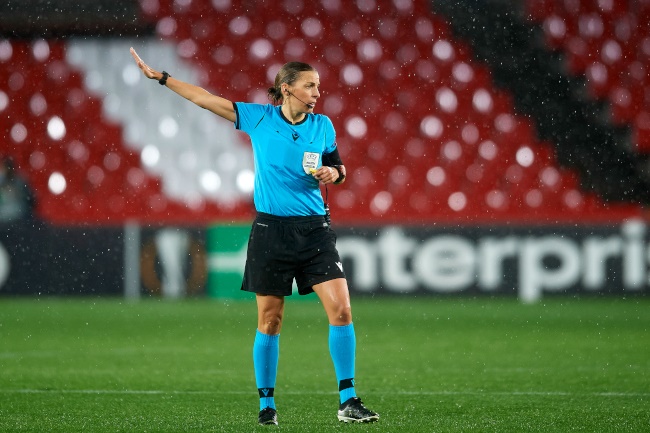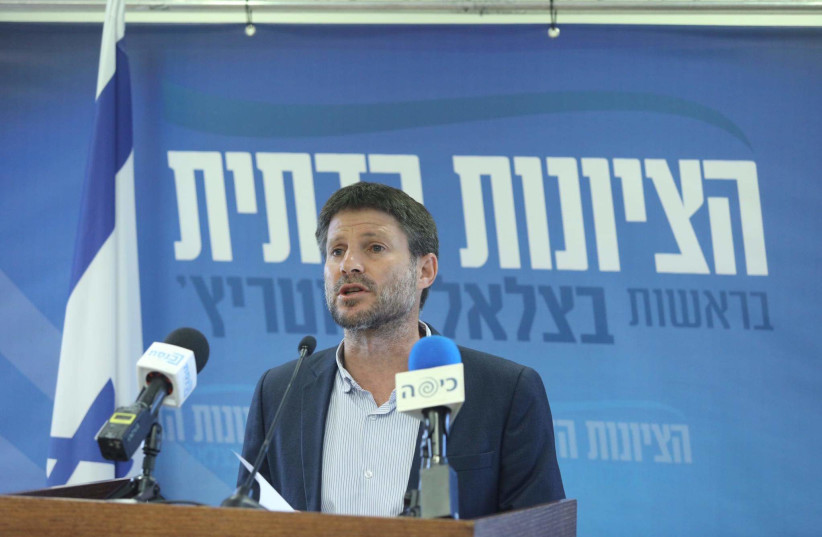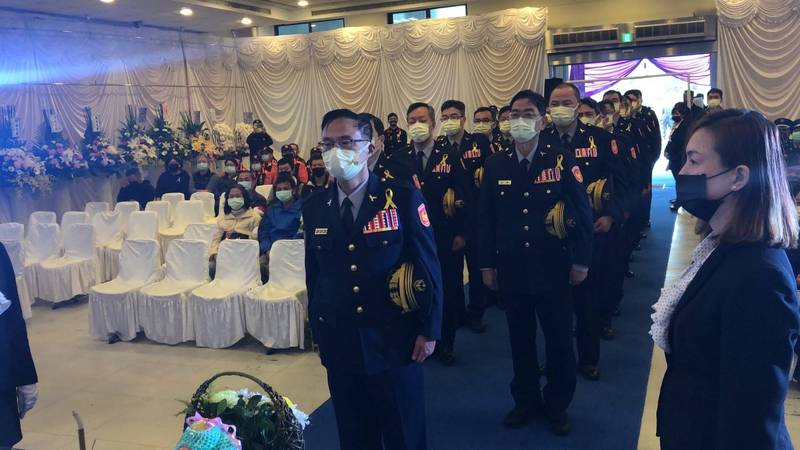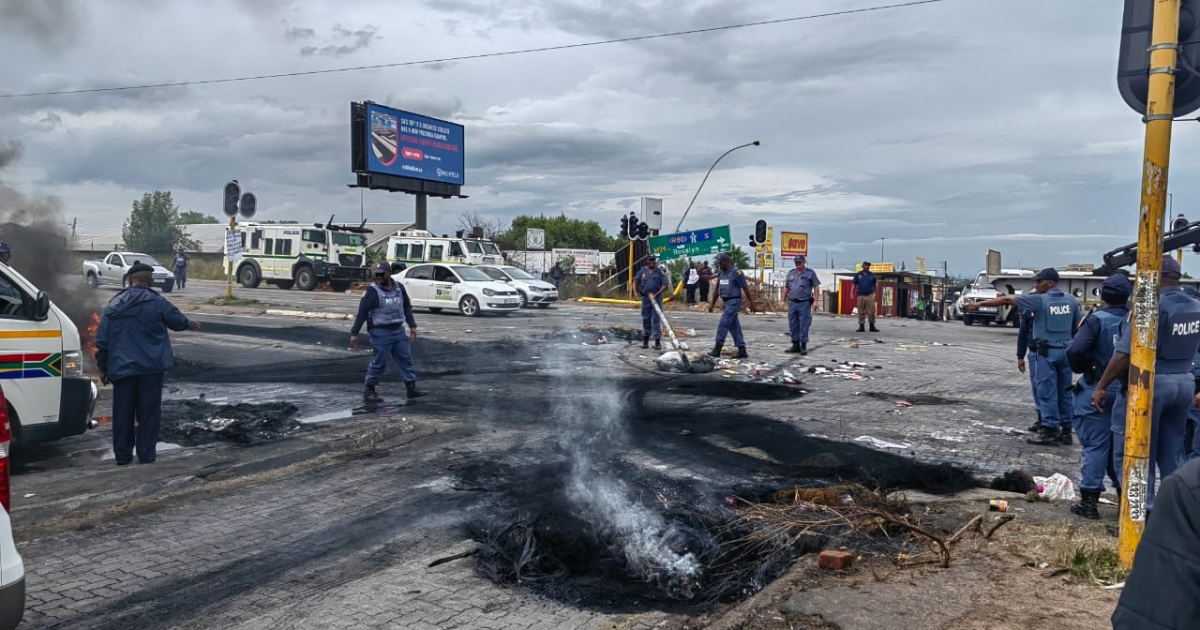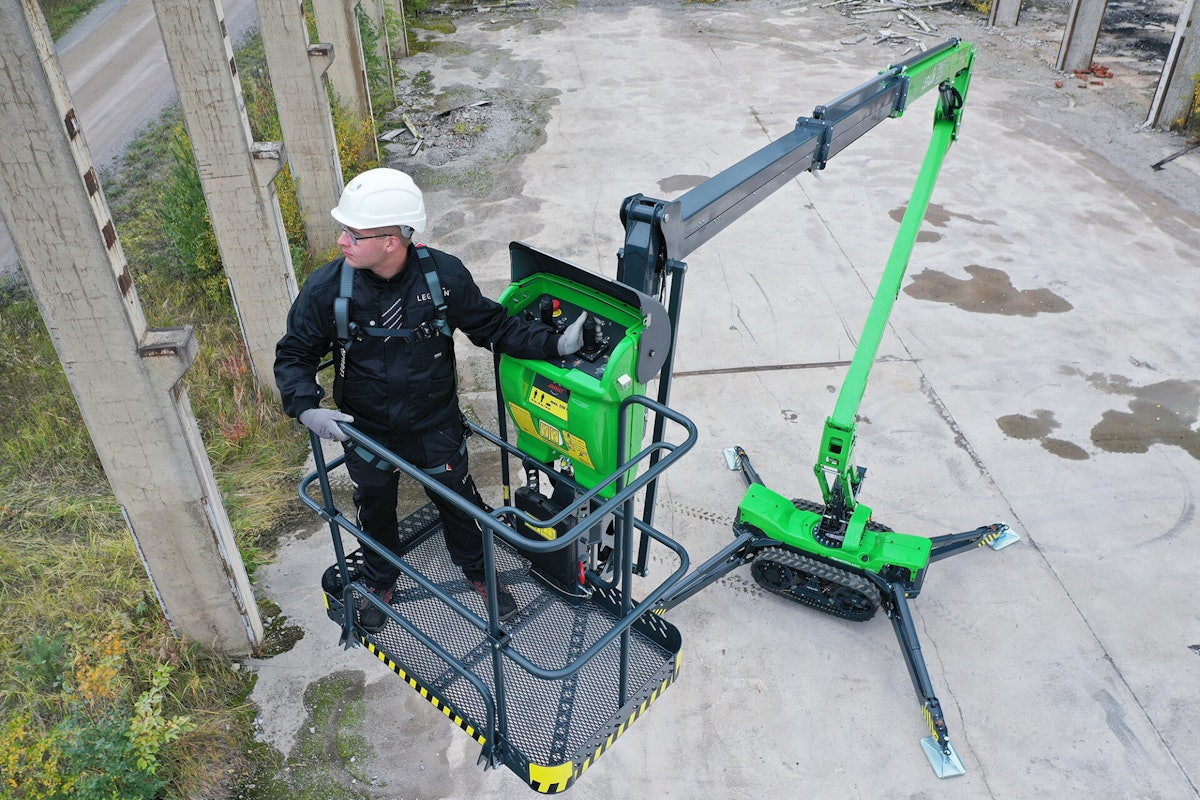KYIV, Ukraine — Republican Chris Christie, waging a long-shot bid for his party’s presidential nomination, visited Ukraine on Friday and met President Volodymyr Zelensky on a trip that underscored the sharp GOP divisions over U.S. support for the country in its war against Russia and the high stakes for Ukraine, which now depends on American military and economic aid for its survival.
The former New Jersey governor billed the trip as a fact-finding mission to assess the effectiveness of U.S. military aid to Ukraine, though he remained within the relatively safe confines of the Kyiv region and did not visit front-line positions where Western weapons are being used in battles to oust the Russian invaders. Christie also visited Moshchun and Bucha, which were ravaged by Russian forces before they were forced to retreat in spring 2022 and where Russian soldiers were accused of war crimes.
The more than $43 billion in U.S. military aid is a point of contention in the Republican primary campaign, pitting candidates such as Christie, who have voiced full-throated support for Ukraine as the necessary backing of a democratic ally, against former president Donald Trump, the leading contender for the nomination, and other rivals who advocate less U.S. involvement and more focus on domestic matters.
The Republican presidential contender met with President Volodymyr Zelensky in Kyiv on Aug. 4, 2023, visiting towns ravaged by Russian forces early in the war. (Video: The Washington Post)
Trump, who has not visited Ukraine, has unnerved Kyiv and its Western supporters with his demands to withhold security assistance for domestic political leverage. Last week, Trump called on congressional Republicans to halt all military support for Ukraine until the Biden administration cooperates with their investigations into the president and his son Hunter Biden’s business dealings. The demand echoed Trump’s conduct that led to his first impeachment trial, after he withheld aid to pressure Zelensky to announce an investigation of Hunter Biden.
Trump has also praised Russian President Vladimir Putin’s intelligence while trying to portray Biden as a weak leader. And he has insisted that he could end the war within 24 hours, boasting of his good relations with Zelensky and “even better” relations with Putin. At a news conference with Putin in Helsinki in July 2018, Trump sided with the Russian leader over U.S. intelligence agencies’ assessment that Russia had interfered in the 2016 U.S. presidential election.
Christie said his meeting with Zelensky armed him to be “a better advocate” for Ukraine in its protracted struggle with Russia at a time when GOP voters are becoming increasingly uneasy about the level of U.S. military aid. During their meeting at the presidential offices in Kyiv, Christie said Zelensky was forthright about the challenges his country has faced and that he is “absolutely resolved to win the war.”
Christie is seeking to use the Ukraine visit to burnish his credentials on the world stage and sharpen the contrast with Trump, whom he has attacked frequently. Polling on the GOP race shows Christie with far less support than Trump and earning the ire of many conservatives.
In an interview with The Washington Post aboard an overnight train to Kyiv from Poland, Christie said he hoped Republican voters have begun to reconsider which of their party’s candidates can grapple “with the really complicated issues that the next president will have to deal with” — including Ukraine — “and who is going to be dealing with trying to keep themselves out of jail.”
His comment was a reference to Trump, who was arraigned in federal court on Thursday on charges related to his efforts to overturn the 2020 election, and who was charged in two separate criminal cases earlier this year.
Beyond his argument that Trump is too mired in his morass of legal problems to focus on the most consequential decisions facing the United States, Christie also sought to amplify the policy differences between the two over the war between Russia and Ukraine. Those differences loom not just over the GOP primaries but also the debate in Congress about future aid.
In the interview, Christie referred to other Republican candidates: Florida Gov. Ron DeSantis and entrepreneur and author Vivek Ramaswamy. DeSantis struggled to articulate a consistent position earlier this year, facing blowback from donors and the more hawkish wing of the GOP when he described Russia’s invasion of Ukraine as a “territorial dispute.” He subsequently backtracked. Ramaswamy has advocated for concessions to Russia to negotiate a peace treaty and has said he would limit further funding for Ukraine.
“We have people in the party like Trump and Ron DeSantis, Vivek, who are giving people a false choice, which is, ‘Well, we can only do one thing; we can either improve things in the States or we can help Ukraine,’” Christie said. “When you look at the amount of money we’ve sent to Ukraine as a percentage of the federal budget, anybody who can do the math knows that’s a ridiculous statement.”
Christie is the second declared Republican presidential candidate to visit Ukraine this summer and meet with Zelensky, following former vice president Mike Pence. He said he wanted to assess the morale of Ukraine’s troops firsthand.
Congress has appropriated more than $63 billion to help Ukraine, but a vocal wing of the GOP in the U.S. House has agitated for cutting off aid altogether.
In their bids for the 2024 GOP presidential nomination, Christie, Pence, former U.N. ambassador Nikki Haley and Sen. Tim Scott (R-S.C.) have argued to varying degrees that the United States should continue sending aid to Ukraine. They all oppose involving NATO troops in the conflict, a position shared by Biden.
The Republican divide on Ukraine reflects the growing influence of the noninterventionist faction of the GOP base, which has embraced Trump’s “America First” philosophy. In echoes of the complaints about America’s protracted commitments in Iraq and Afghanistan, increasing numbers of Republican voters have cited concerns in interviews with The Washington Post about how much the United States is spending on aid to Ukraine at a time when they are still feeling the bite of inflation at home.
A July Marquette Law School poll found 51 percent of Republicans saying the United States was providing “too much” support to Ukraine, while 32 percent said it was “about right” and 17 percent said it was “not enough.”
Still, the majority of Americans back the Ukraine effort. Some 66 percent of Americans said supporting Ukraine was in the United States’ national interest in a Quinnipiac University poll released in June, while 28 percent said it was not. About 40 percent of Republicans said backing Ukraine was not in U.S. national interest, and a narrow majority — 52 percent — said that it was.
Standing behind Ukraine has become a fraught position at times for some of the GOP contenders when speaking before activists. Pence, for example, was booed in Iowa during a recent summit when he expressed support for sending funding and weapons to Ukraine.
The disagreement among the GOP presidential candidates has created consternation among some Western allies about whether Ukraine can count on continuing U.S. military support after the presidential election if Biden is defeated.
Biden has sought to quell those concerns, insisting at a recent NATO summit that the United States would “not waver” and that its “commitment to Ukraine will not weaken.”
But it remains an open question, given the unpredictability in the contest for the White House and Republicans’ narrow majority in the House, where Speaker Kevin McCarthy (R-Calif.) will face tough opposition to further funding for Ukraine from members of his own party. McCarthy has already said he has no plans to take up legislation for additional Ukraine funding outside the regular budget process.
Christie said Friday that Zelensky’s “concern is about wanting to end the war as quickly as possible.” The former governor has argued that the Biden administration has sometimes been “too timid” and too slow in getting Ukraine the weaponry, systems and munitions it needs.
In Bucha earlier in the day, Christie saw the mass graves of Ukrainians who were killed and tortured by occupying Russian troops.
Led through Bucha’s Church of St. Andrew by Mayor Anatoly Fedoruk, Christie viewed graphic photographs mounted on easels throughout the church, documenting the bodies of torture victims. Fedoruk described how residents were brutalized by Russian soldiers. Outside, Christie placed flowers at a memorial site marking the mass graves.
“Americans are a particularly visual nation; things aren’t as real to us if we don’t get to see them,” Christie said as he left the church. “By seeing them, we feel them. And so I’m here because I want the American people to see the things that I’m seeing — and I’m confident that when they do, that the resolve they already have — and there are hundreds of millions of Americans who support our partnership with Ukraine — but their resolve will become even greater.”
“I will tell everyone at home what I saw here,” Christie told the mayor as he left Bucha. “Stay strong.”
The former New Jersey governor made the long journey to Kyiv from Warsaw carrying a carefully wrapped gift for Zelensky in a large gray-and-white striped laundry bag that he and his wife found at Walmart after searching for a suitable carrier that would fit its unusual dimensions. (Christie’s wife attached handles to the bag with her sewing machine so that he could carry it through airport security and sling it over his shoulder for the duration of the trip.)
Christie said he was moved last year by a video he saw on social media of a Ukrainian band playing Bon Jovi’s “It’s My Life” near the shoreline in the Odessa region as Ukrainians hauled sandbags as part of their defense against Russian attacks. Bon Jovi shared that 2022 video after it was posted.
Before the trip, Christie called Jon Bon Jovi — a friend he has known for nearly two decades — and asked him to autograph a copy of the vinyl album cover to present to Zelensky as a testament to the strength and fortitude of the Ukrainian people.
Bon Jovi wanted to do more, Christie said, and so he dispatched his assistant by helicopter from the Hamptons to provide the former governor with handwritten lyrics and a note to present to the Ukrainian president.
Understanding the Russia-Ukraine conflict
Note: This article have been indexed to our site. We do not claim legitimacy, ownership or copyright of any of the content above. To see the article at original source Click Here









